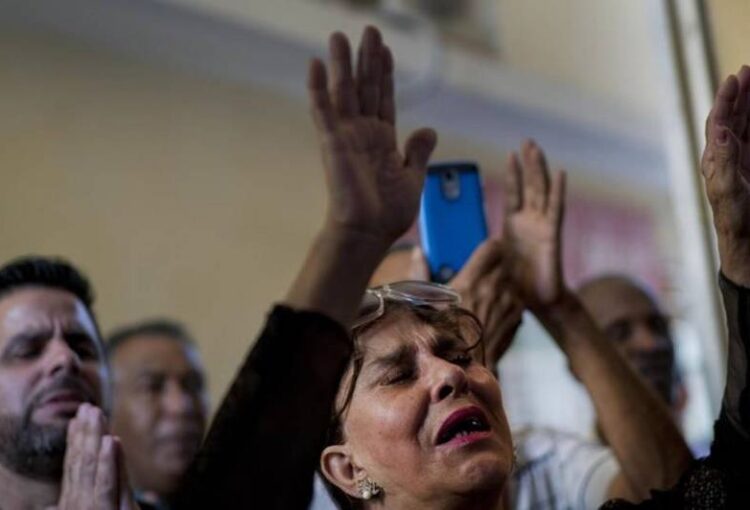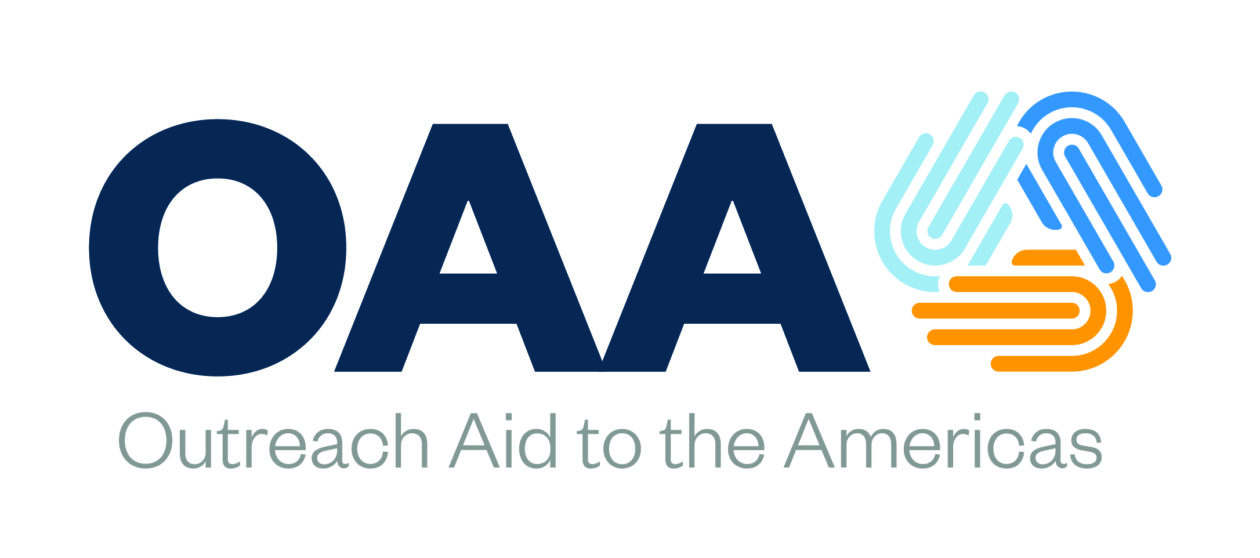Opinion: Cuba stepped up its persecution of people of faith. Will it get worse in 2020?
BY TEO BABUN
JANUARY 22, 2020 07:16 PM
 Evangelicals pray during a church service in Havana, Cuba, in February 2019. RAMON ESPINOSA AP
Evangelicals pray during a church service in Havana, Cuba, in February 2019. RAMON ESPINOSA AP
In Cuba last month, a gang of students severely beat a 12-year-old Jewish schoolboy. The school guard had prohibited the boy and his younger brother from entering the building. The two boys later were told that they would be allowed to attend class, but they were forbidden from wearing the kippah, their traditional Jewish head covering.
When the boys’ parents sought justice, they were threatened.
Christian Solidarity Worldwide (CSW) has documented many cases where children of different faiths in Cuba were singled out or denied an education in 2019. Their parents often were branded “counterrevolutionaries.” Pastor Ramon Rigal and his wife, Ayda Expósito, currently are imprisoned in eastern Cuba because they turned to homeschooling when their children were targeted for bullying and assault at a government-run school.
CSW’s head of advocacy, Anna-Lee Stangl, says these cases illustrate “a more general hostility to religion within the Cuban school system.” She says that the past year has seen “new and worrying forms” in the ongoing decline of religious freedom. Cubans routinely are denied basic freedoms outlined in Article 18 of the Universal Declaration of Human Rights, e.g. openly sharing faith with others, giving children a formal and religious education, ministering in prisons and hospitals, accessing radio, TV and the internet. Over the past several years, pastors have been arrested, laptops and literature confiscated, churches shut down and demolished.
Catholic priest Castor José Álvarez Devesa laments that his country is “living in lies” and suppressing basic freedoms: “I was not allowed to conduct a procession of the Virgin through the bay of Nuevitas, using the seaway . . . not allowed, as a church, to open new houses of worship.” When religious leaders like Castor address repression, when they call for unity and resistance, the harassment intensifies. Many are prevented from leaving Cuba.
And the propaganda never stops. Raul Castro’s daughter Mariela accused Cuban evangelical leaders of receiving funding from the CIA. Similarly, as the head of a long-established nonprofit advocating for basic human rights on the island, I was fallaciously branded a mercenary for “sowing discord and charming religious leaders with the lure of humanitarian help.”
The United States has denounced harassment of members of religious groups that advocate for religious and political freedom, including the much-respected Ladies in White. In December, Cuba was added to the State Department’s special watch list of nations that violate religious freedom and reaffirmed the administration’s commitment to promote freedom of religion and oppose abuses.
The Cuban government projects a facade of justice and religious freedom while it capriciously shifts tactics and employs covert approaches to discourage, frighten, intimidate and punish people of faith who seek to gather, worship, educate and unite.
Yet even in the face of these pressures, many Cubans fight on. A Catholic priest openly accuses the government of promulgating a “mentality of oppression.” A group of young advocates posts a video detailing how the government manipulates Cuban citizens by allowing some religious space while denying other basic rights (https://www.youtube.com/watch?v=_BoU-g9q5t0).
To strengthen control over civil society, the Cuban government often portrays young people as apathetic. But this video contradicts that lie. A new generation of intelligent, focused activists is arising on the island. As Camilo Venegas, a leading Cuban writer, observes, “A young and deep Cuba has taken the torch of the struggle for civil rights and has the wonderful ability to convey its message. That will not be an isolated cry.”
Will 2020 bring more religious repression? If we look the other way, it will. Support the people of Cuba through organizations such as Rights Watch and Christian Solidarity Worldwide. Communicate with elected representatives. Respond vigorously to violations of basic freedoms. Share articles, blogs and videos. Stand with those who have the wisdom and courage to demand full freedom of religion on their island nation.
